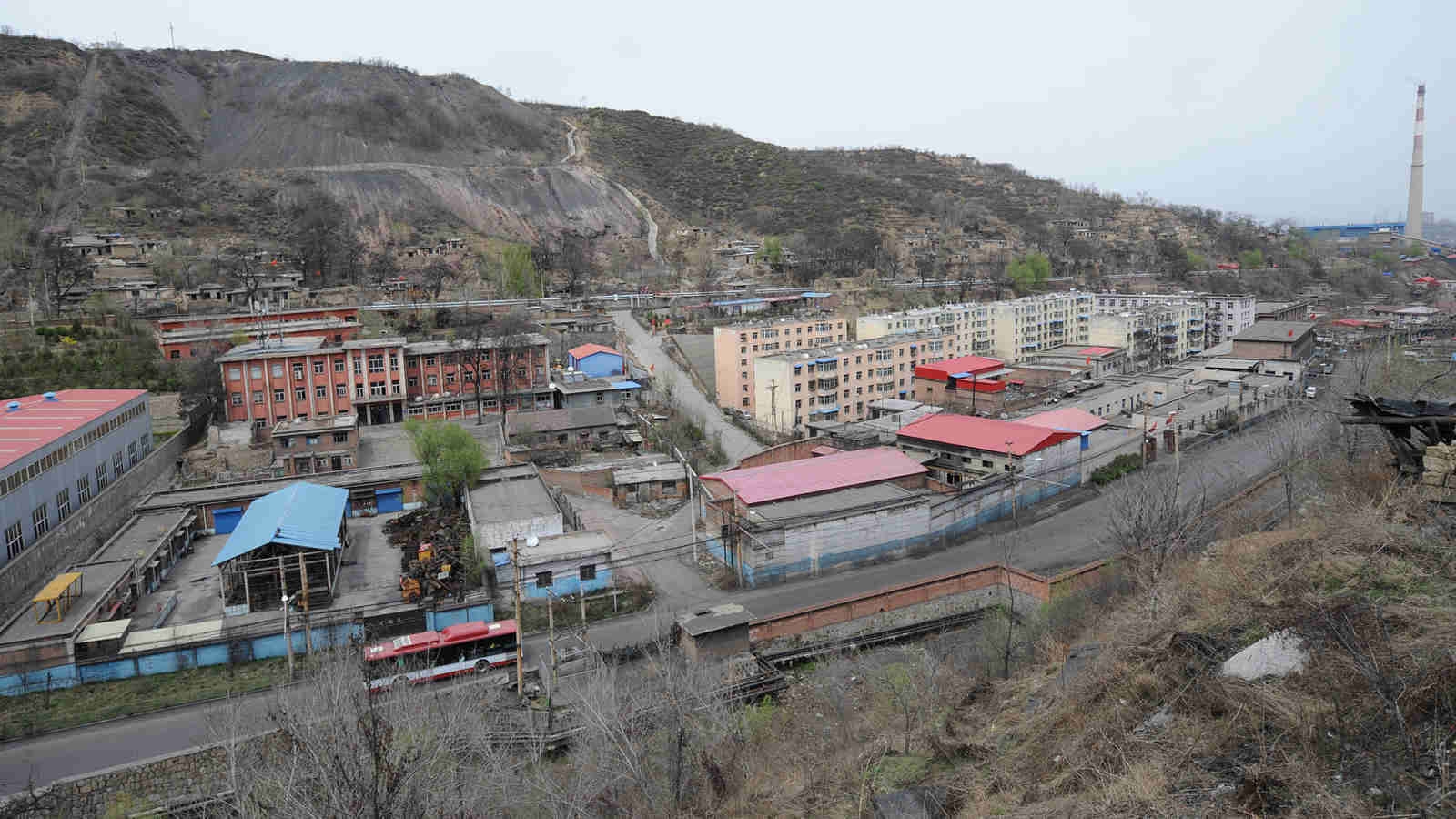
Business
21:43, 22-Nov-2017
NDRC: De-capacity won’t trigger long-term coal price hike
By CGTN’s Wang Yiqian

Contracts worth 130 million tons were signed at China’s ongoing National Coal Trade Fair in northern port city Qinhuangdao.
The fair is widely viewed as the weather vane for China's coal sector. The new pricing model for coal – base price plus floating price – was established during last year's fair, in an effort to stabilize the domestic coal market and avoid violent price fluctuations.
Official data shows that coal prices in China have been rising since June. Analysts say the increase was due mainly to a supply shortage and government efforts to cut excess capacity in the sector. Will coal prices remain at high levels going into 2018?
However, officials with the National Development and Reform Commission (NDRC) said at the fair that de-capacity measures should focus on structural reforms going forward, instead of simply cutting production. So coal companies shouldn’t expect prices to stay at such a high level for a long period of time.

Baijiangzhuang, a town near Taiyuan, capital city of Shanxi Province, used to thrive on the near-town coal mine, but now is nearly empty as de-capacity policies has forced local people involved in the coal business out of job and they had to work elsewhere. /VCG Photo
Baijiangzhuang, a town near Taiyuan, capital city of Shanxi Province, used to thrive on the near-town coal mine, but now is nearly empty as de-capacity policies has forced local people involved in the coal business out of job and they had to work elsewhere. /VCG Photo
“It will hamper the government's efforts to get rid of the antiquated and high-cost capacity. Also, power companies can't expect the prices to drop to a very low level, because that would hinder the development of the coal sector,” said Lian Weiliang, Deputy Director of NDRC.
Lian also said that China's coal-producing capacity stands at 4 billion tons a year. That's after 500 tons worth of overcapacity had been removed in the last two years. Lian also said that a new trading system is being developed to prevent production overflows.
“Any kind of capacity increase will be closely tied to purchase orders. This policy will be rolled out across the whole country,” Lian said.
Analysts say that despite a large group of obsolete coal mining companies still operating, China is on track to completing reforms in the sector next year.

SITEMAP
Copyright © 2018 CGTN. Beijing ICP prepared NO.16065310-3
Copyright © 2018 CGTN. Beijing ICP prepared NO.16065310-3